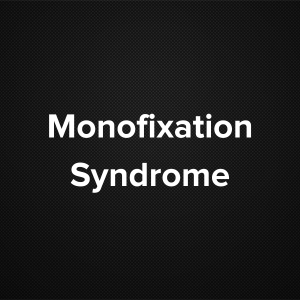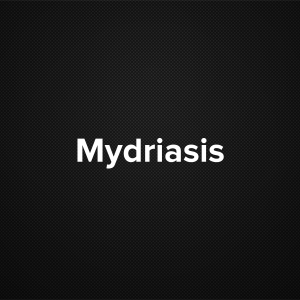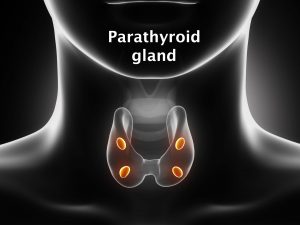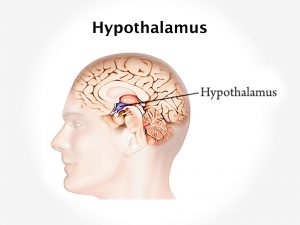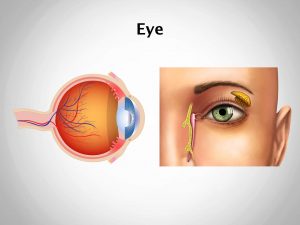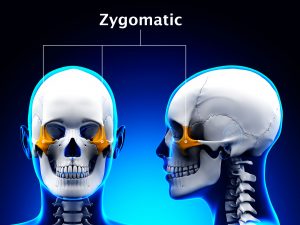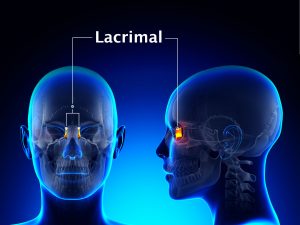What can happen?
There are changes in the eyes due to hyperthyroidism. The characterized symptoms are protruding and prominent eyes, swelling around the eyes, double vision; the expression is that of a stare, dryness, and reduced blinking.
This condition is called as exophthalmos and is a feature of Graves’ disease. This disease is autoimmune in nature, i.e., abnormal antibodies are present in the blood which target the thyroid tissue and makes the gland hyperactive. There are triggers that set off these antibodies. The triggers could be a bacterial infection, viral infection, or emotional stress. It is more commonly seen in women. Exposure to smoking is also a contributing factor.
Most often it is associated with other systemic manifestations of hyperthyroidism like tremors, restlessness, insomnia, increased perspiration, hair fall, weight loss, diarrhea, increased body temperature, palpitations, etc.
Tackling the eyes
The mild cases are corrected with a regular use of steroidal eye drops or eye drops for lubrication. Stop smoking or prevent any exposure to second hand smoke. If there is double vision, glasses may be required.
Many people find it difficult to completely close the eyes and are unable to sleep. For this, tape is available for full closure of eyelids and peaceful sleep.
There is a procedure done by applying pressure on the bones around the eyes. It is called as orbital decompression. A space is created for the surrounding tissue to go a bit deeper into the skull and hence accommodate the swollen eye sockets.
Surgery is also being widely advised in long-standing difficult cases. This involves scraping off part of an eyelid muscle to allow more space and enable the patient to close the eyes properly.
Watch the thyroid levels, get regular check-ups and prevent any major complications. Take care of your eyes.
Thyroid dysfunction is 5-10 times more prevalent in women compared to men.
Early diagnosis and watchful treatment will save you from any permanent danger.








